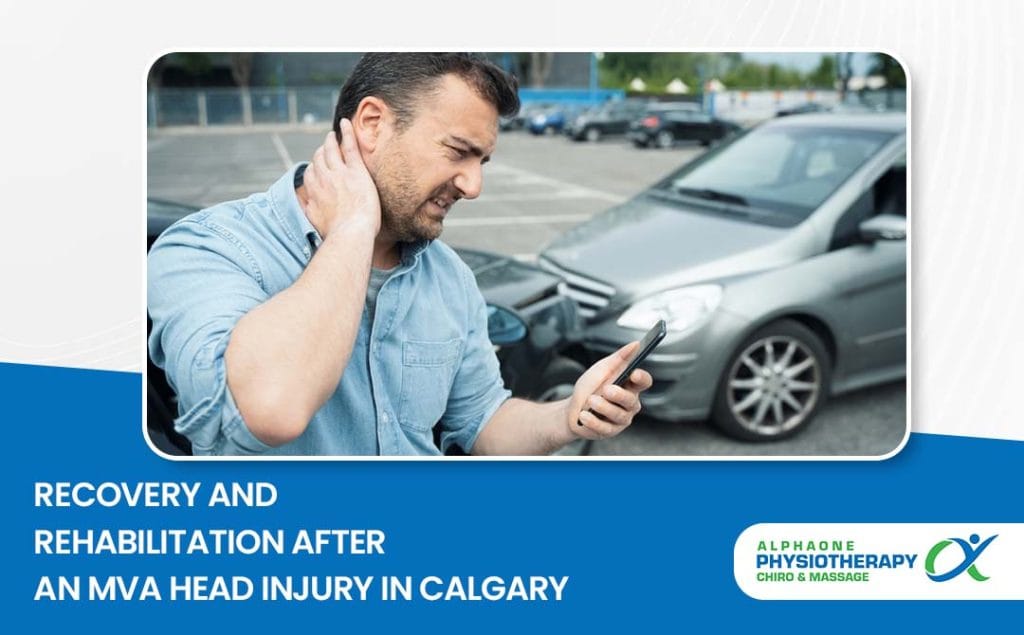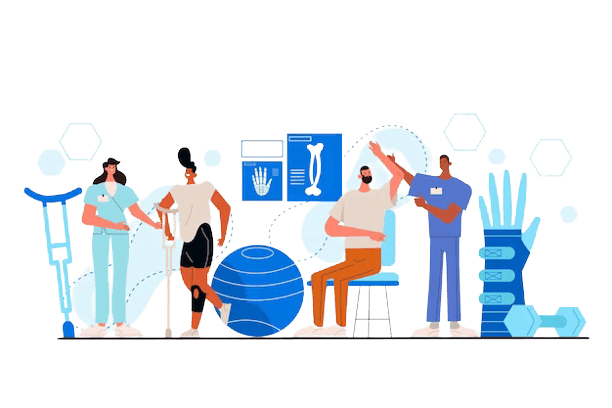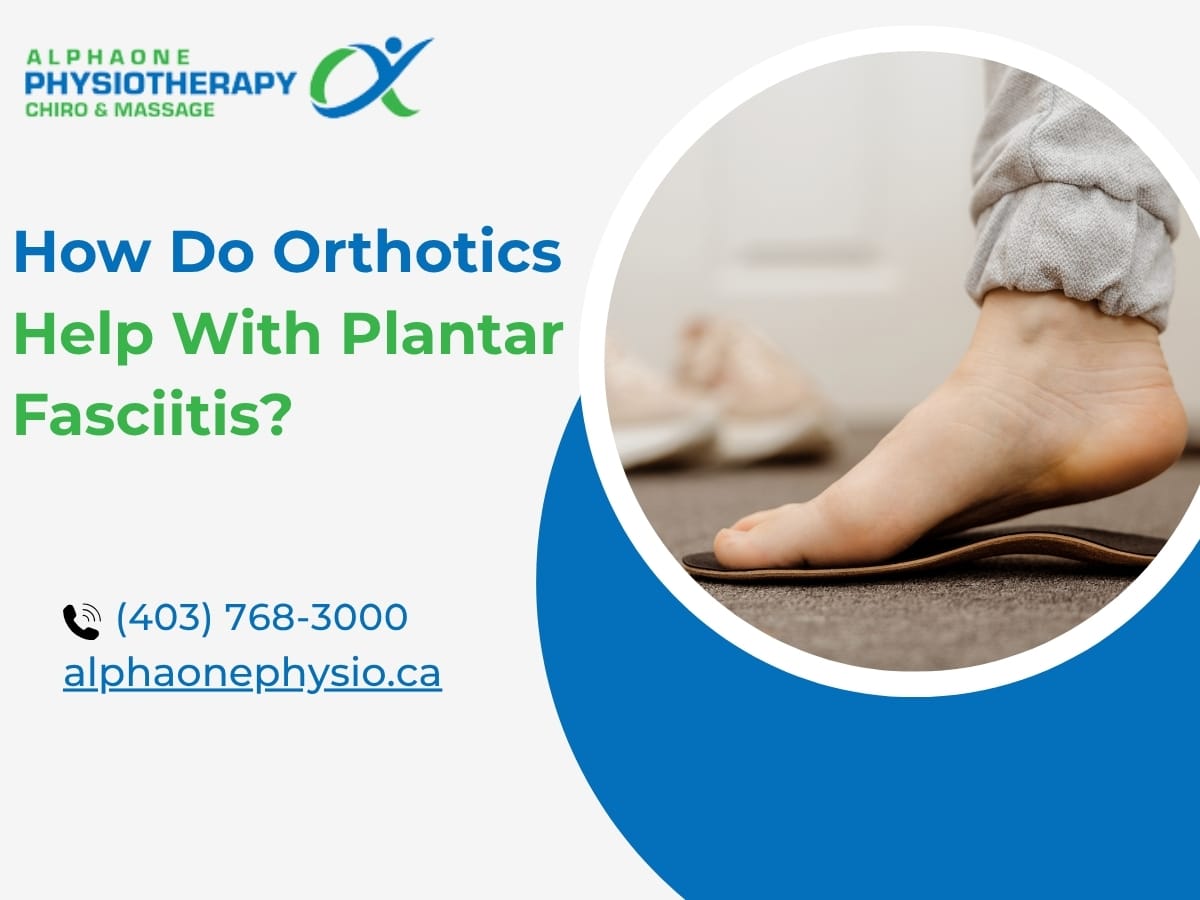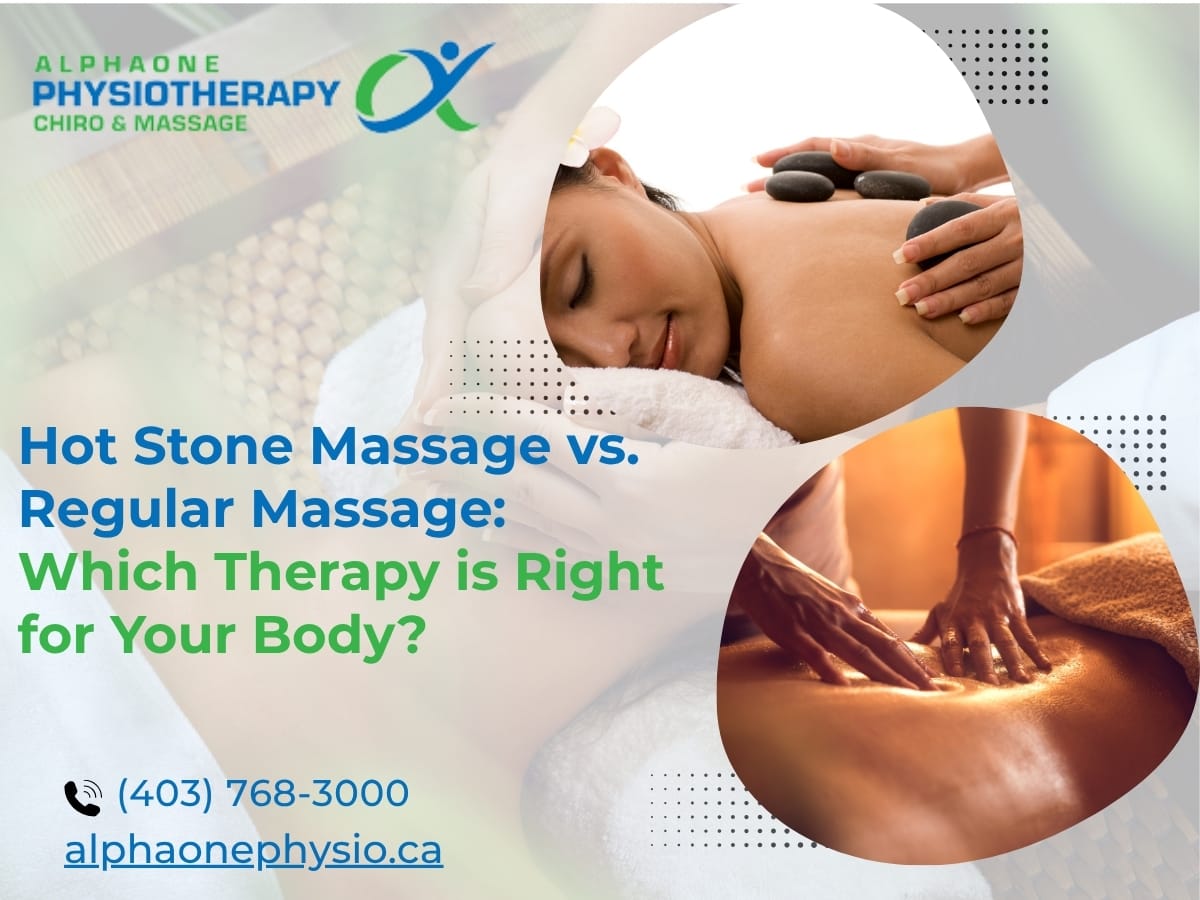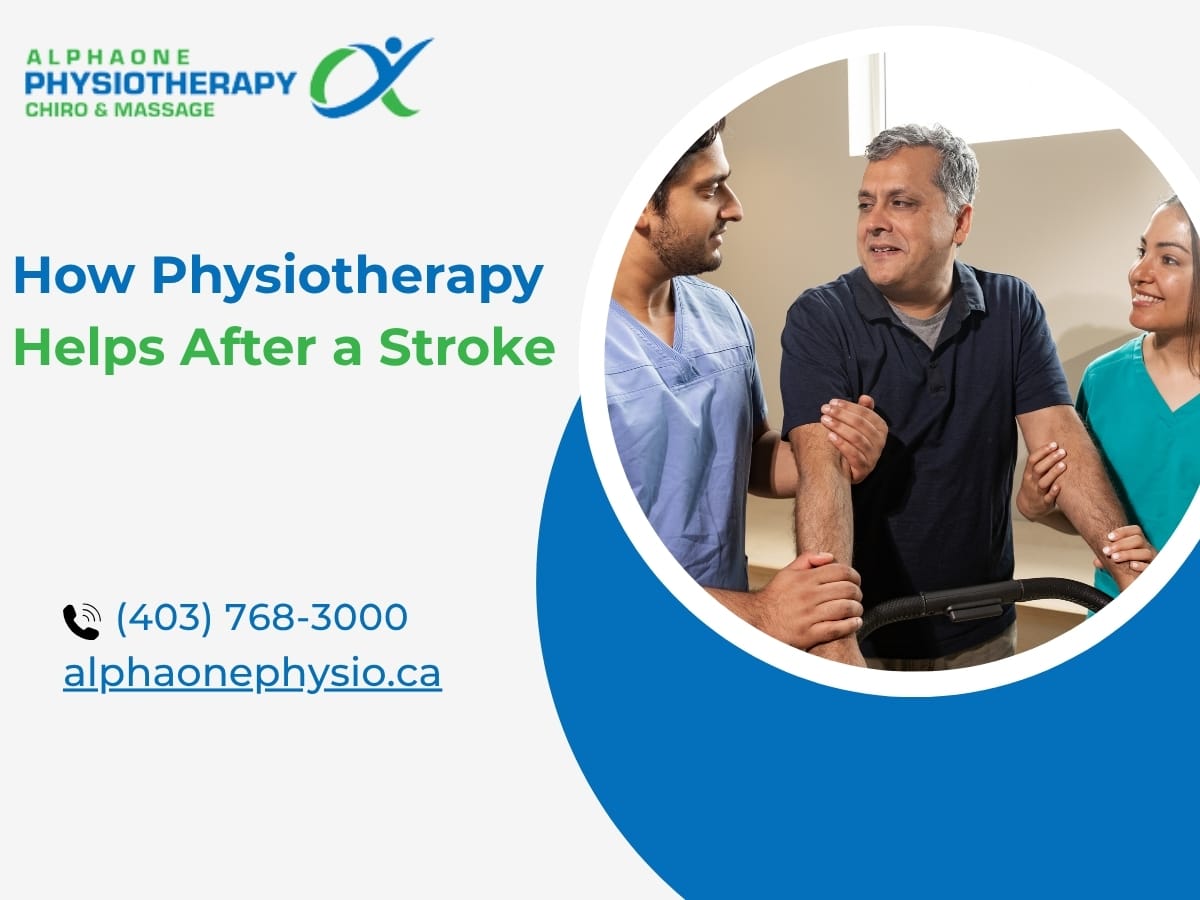Is recovery possible after an MVA head injury Treatment in Calgary? This burning question haunts many who’ve faced the aftermath of a motor vehicle accident. As you grapple with physical and emotional challenges, you’re not alone in your quest for answers.
In this blog, we’ll explore the path to Recovery and Rehabilitation After an MVA Head Injury in Calgary, connecting with the shared problem many faces. We delve into the psychological aspects, analyze the hurdles, and offer valuable insights to help you. Join us as we tackle the question head-on and discover that hope and healing are within reach.
What is an MVA head injury?
Head injuries sustained in MVA can vary in severity. An MVA head injury, or Motor Vehicle Accident head injury, is a traumatic injury to the head and brain that occurs as a result of a motor vehicle accident. These injuries can range in severity from mild concussions to severe head injuries.
Common causes of MVA head injuries include impacts to the head during a car crash, such as hitting the steering wheel, windshield, or other parts of the vehicle. These injuries can lead to a variety of symptoms, including loss of consciousness, memory loss, blurred vision, and, in more severe cases, skull fractures, axonal injuries, and subdural hematomas. It’s essential to seek immediate medical attention if you suspect an MVA head injury to ensure proper diagnosis and treatment.
How can you recover quickly after an MVA head injury?
Recovery after an MVA (Motor Vehicle Accident) head injury can be a challenging and lengthy process. Here are some recovery tips to help individuals who have experienced an MVA head injury:
- Seek Immediate Medical Attention: The first and most crucial step is to seek immediate medical attention. Even if the injury seems minor initially, it’s essential to have a thorough evaluation by medical professionals to assess the extent of the head injury.
- Follow Medical Advice: It’s essential to follow the advice and treatment recommendations of your healthcare provider. This may include rest, medications, or even surgery, depending on the severity of the injury.
- Physical and Occupational Therapy: Rehabilitation is a critical part of the recovery process. Depending on the nature and severity of the head injury, physical and occupational therapy may be recommended to help you regain physical and cognitive function.
- Manage Symptoms: Common symptoms of head injuries include memory loss, blurred vision, sleep disturbances, and changes in mental status. Work with your healthcare provider to manage these symptoms effectively.
- Support from a Specialized Rehabilitation Program: Consider enrolling in a specialized rehabilitation program that focuses on head injury recovery. These programs are designed to address the unique needs of individuals with head injuries.
- Rest and Sleep: Rest is crucial for recovery. Ensure you get enough sleep, and if you’re experiencing sleep disturbances, discuss this with your healthcare provider.
- Safety Measures: Taking precautions to prevent further head injuries is vital. This may include wearing a helmet if you’re back to activities like cycling or sports or taking steps to prevent falls.
- Emotional Support: Coping with the aftermath of an MVA head injury can be emotionally challenging. Seek emotional support from friends, family, or a counselor to help you recover.

What are the Types of Brain Injuries after MVA?
Motor vehicle accidents (MVAs) can result in various types of brain injuries, depending on the nature and severity of the impact. Here are some common types of brain injuries that can occur after an MVA:
- Concussion: A concussion is a mild traumatic brain injury and is one of the most common types of brain injuries in MVAs. It often leads to temporary loss of consciousness, memory problems, and confusion. While concussions are typically considered mild, they should be taken seriously and evaluated by a healthcare professional.
- Contusion: A brain contusion is a more severe injury with bruising or bleeding in the brain tissue. It can result from a direct impact on the head during an accident and may require surgical intervention.
- Diffuse Axonal Injury (DAI): DAI is a severe type of brain injury where there is widespread damage to the brain’s nerve fibers. It can result in significant cognitive and motor impairments and may have a long recovery period.
- Subdural Hematoma: This occurs when there is bleeding between the brain and the dura, the brain’s outermost membrane. Subdural hematomas can exert pressure on the brain and lead to various symptoms, from confusion to unconsciousness.
- Skull Fractures: A skull fracture is a break in the skull bone, which can occur in an MVA. These fractures can sometimes result in brain injuries if bone fragments penetrate the brain tissue.
- Intracerebral Hemorrhage: This type of brain injury involves bleeding within the brain tissue itself. It can lead to neurological deficits, including weakness and loss of sensation.
- Coup-Contrecoup Injury: This injury involves two points of impact. The first impact, or coup injury, occurs at the site of the initial blow, while the second, or contrecoup injury, appears on the opposite side of the brain. These injuries can result in multiple areas of damage.
- Penetrating Brain Injury: In some MVAs, objects may penetrate the skull and enter the brain, causing significant trauma. These injuries can have severe and often irreversible consequences.
Why choose us?
Your active involvement in the recovery process is vital. It’s essential to follow medical advice and participate in rehabilitation programs to improve your mental status, reaction time, and overall health. AlphaOne Physio will help you with every step of your recovery after MVA.
Our physiotherapists can play a crucial role in the rehabilitation process, assisting individuals to regain their physical and cognitive functions. Suppose you or someone you know has experienced an MVA head injury. In that case, it’s essential to seek professional help and follow a comprehensive recovery plan to maximize the chances of a successful recovery. The support and expertise of physiotherapists can make a significant difference in this journey.

